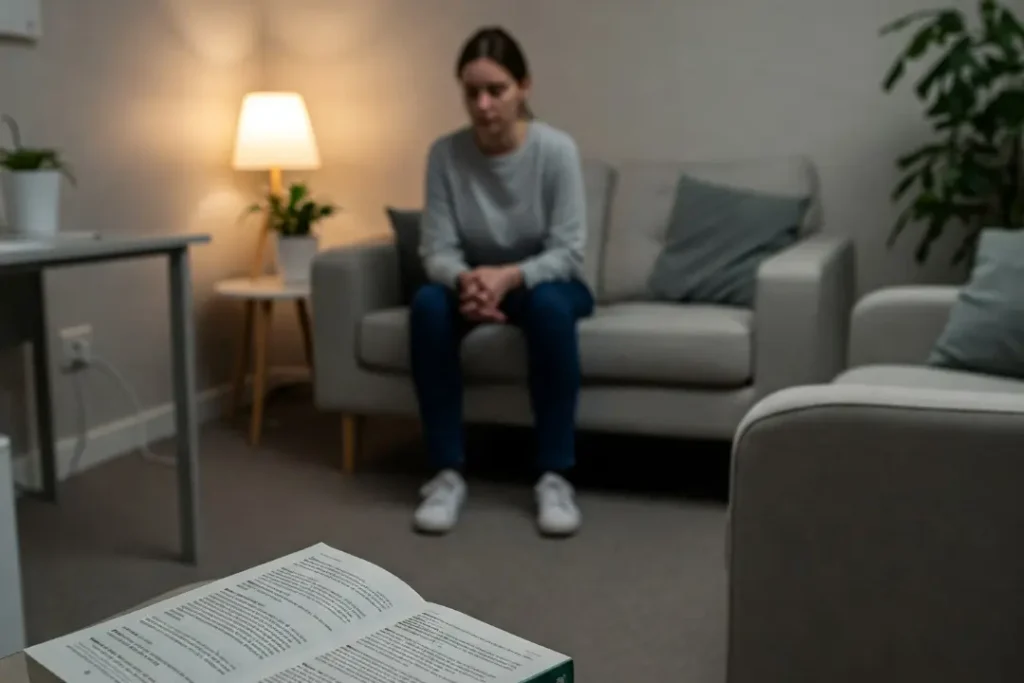Learning Psychology: The Cheapest Therapy Plan 😂

The Psychology of Studying Psychology
If you know me personally or regularly read my journal, you probably know I’m learning psychology – and loving every bit of it. But the more I study, the more I realize why it’s often called The Cheapest Therapy Plan 😂. So many of us dive into psychology not just to understand others but to heal parts of ourselves.
Being a natural observer, I tend to notice patterns even when I’m not actively looking for them. And one such pattern struck me recently during a conversation with my sister, who is also studying psychology.
I told her something that had been sitting at the back of my mind for a while:
“The reason I don’t feel we have an authentic community of psychologists in college is because so many people studying psychology are here to understand and heal themselves first – before helping others.“
Now, that’s not necessarily wrong, but does it alter the essence of the field? Does it blur the lines between self-healing and professional ethics?
Before my sister could even process my statement, I saw it coming – “Was that a personal attack?” she said, pretending to be offended. 😂
The Question of Authenticity
The more I thought about it, the more I realized:
- Psychologists tell people to seek help, but are they doing the opposite by studying the subject instead of going to therapy?
- Does experiencing trauma and wanting to help others make you more empathetic, or does it create a bias where you project your own healing onto your clients?
- Are we drawn to psychology because we genuinely want to help, or because we find comfort in dissecting human behavior – including our own?
At the core of this, is it truly “cheating the process”? Or is it just the natural way humans evolve—learning from their own wounds to help others heal?
Seeking Guidance from Experts
This question stayed with me, and a few days later, I attended a psychology seminar where professionals from different fields—clinical, counseling, industrial psychology, etc. – spoke about their careers.
During the Q&A session, I asked something that had been on my mind:
“How do psychologists cope with mistakes? Accepting that ‘humans make mistakes’ is easy to say, but hard to practice. We see competent professionals make small errors and lose confidence in their abilities. This can be especially tough in psychology, where one mistake can impact someone’s mental health. What advice would you give young psychologists to prevent this from breaking them?”
The response was eye-opening:
“Surround yourself with mentors. Seek guidance. And most importantly, get therapy yourself. Psychologists need it the most.”
That answer made a lot of sense.
- If you’re guiding others, you should also be under the guidance of someone wiser.
- If you’re helping others process their emotions, you should also be processing your own.
In other words, it’s not about being flawless – it’s about being aware.
It also made me think: maybe this is why psychology is considered The Cheapest Therapy Plan—because studying it teaches you more about yourself than you expected.
Am I Cheating the Process Too?
In our very first psychology lecture, our professor asked a simple question:
“Why do you want to become a psychologist?”
I answered, “Because asking for help is one of the hardest things a person can do. And those who have the courage to ask for it – I want to help them.”
But then came the realization – am I cheating the process too?
- Am I drawn to psychology because I genuinely want to help?
- Or because I relate to the struggle of asking for help myself?
- If my drive to help others comes from personal experience, does that weaken or strengthen my ability to be objective?
Maybe, at the end of the day, it’s not about “cheating the process.”
Maybe, it’s about understanding the process deeply enough to guide someone else through it.
Anyways, the real question is – am I myself cheating the process or not? What do you think? 😂


